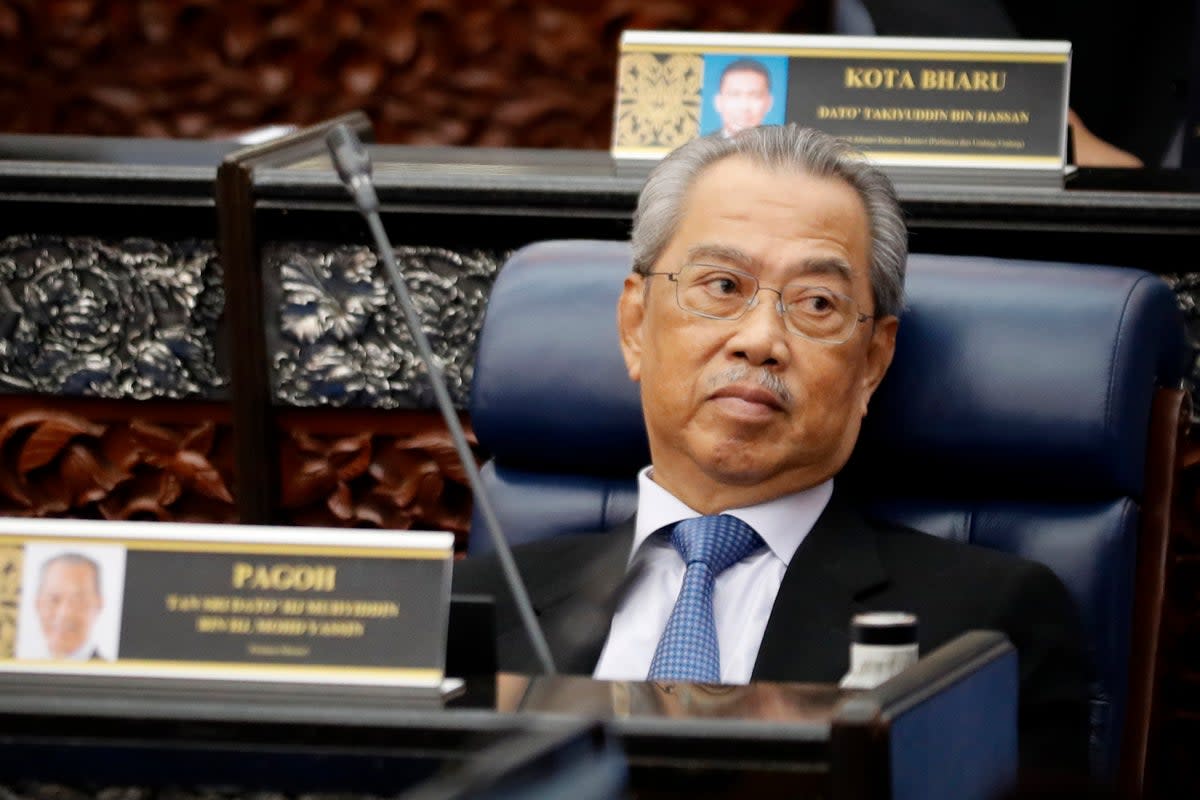Malaysia scraps mandatory death penalty and natural-life prison terms

Malaysia's parliament passed sweeping legal reforms to abolish the mandatory death penalty and natural-life prison sentences in a landmark move to respect each individual's right to life.
Malaysian lawmakers on Monday voted in the lower house of the parliament to approve the Abolition of Mandatory Death Penalty Bill after years of effort by successive governments to make the death penalty optional in the country.
The bill will next be brought to the government-controlled senate for approval, before being presented to the King and gazetted into law.
The South Asian nation has had a moratorium on executions since 2018, when it first promised to abolish capital punishment entirely.
The amendments passed will apply to 34 offences currently punishable by death. Eleven of them carry it as a mandatory punishment, including murder and terrorism.
Alternatives to the death penalty will include whipping and imprisonment of between 30 to 40 years.
However, judges will have the discretion to impose the death penalty in exceptional cases.
According to the bill, the new prison term will replace all previous provisions that call for imprisonment for the duration of the offender's natural life.
According to Malaysian law, life imprisonment sentences which are for a fixed term of 30 years, will be retained.
Capital punishment will be removed as an option for serious crimes that do not cause death, such as discharging and trafficking of a firearm and kidnapping.
Deputy law minister Ramkarpal Singh said capital punishment was an irreversible punishment that had not been an effective deterrent for crime.
The amendments will apply retrospectively, ergo allowing those on death row 90 days to seek a review.
There are currently 1,341 such prisoners in Malaysia, according to rights groups.
“In line with the purpose of respecting the right to life for every individual, the basic principle behind every punishment in Malaysia is the rehabilitation of prisoners,” Mr Singh said in parliament on Monday.
"This is so they may return to society and serve the community after completing the punishment process."
The bill was passed through a voice vote after two rounds of debating among the lawmakers, where opposition MPs rejected the move.
“It is unfair to remove the mandatory death sentence for major crimes such as murder, as the victims’ families also want retribution for the loss of their loved ones,” said opposition lawmaker Mas Ermieyati Samsudin.
Rights group Amnesty International hailed the move to repeal the mandatory death penalty as "historic".
"Today’s vote has been a long-time in the making, and while there is still more to be done, it lays the foundations for further reform that must put human rights and fair trial proceedings front and centre," the group's Malaysia executive director Katrina Jorene Maliamauv said in a statement.
"The death penalty is the ultimate cruel, inhuman and degrading punishment. It is a violation of the right to life. But this move shows human rights progress is possible."
